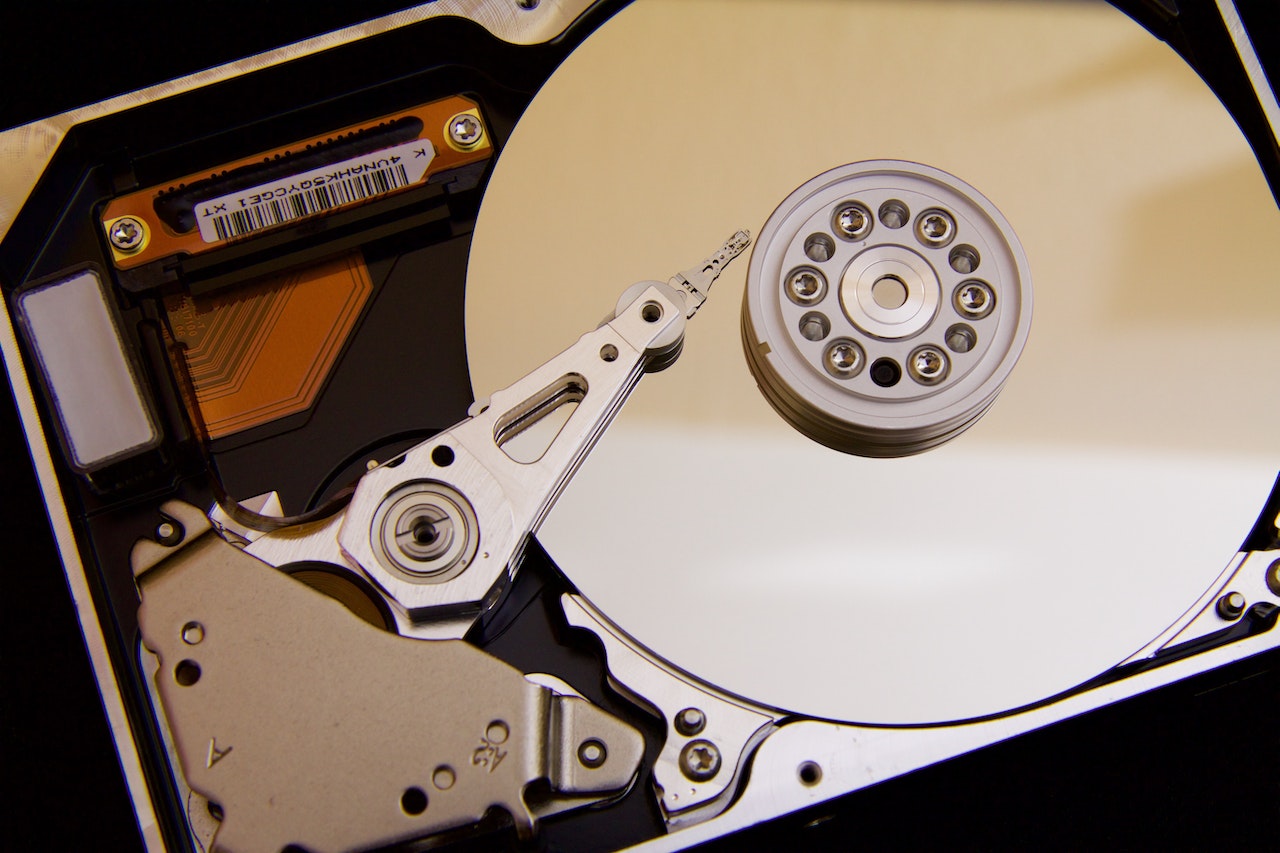How Big is The Effect of Disk RPM on Website Loading Speed?

Websites are among the most important tools for any business endeavor, no matter the size or scope. Every website needs to be hosted somewhere, and hosting can have a major impact on website loading speed. One important factor in the hosting equation is the speed of the hard disk that is being used. Higher RPM disks, such as Solid State Drives (SSDs), can significantly speed up website loading times, but how exactly does it make a difference?
When discussing the speed of your website hosting, one of the main factors to consider is the “revolution per minute” rate of the disk. This is also known as the disc RPM rate. This rate measures how quickly a disk is able to transfer its stored data. In the case of a website, this means that a disk with a higher RPM (or revolutions per minute) will be able to retrieve information from the disk much faster than a disk with a lower RPM. The difference in this retrieval time can be the difference between someone having to wait a long time for the page to load and the page loading in just a few seconds.
The differences in RPM rate aren’t the only factor that contributes to website loading speed, though. The architecture of the disk itself also makes an important difference. Even with disks that have a high RPM rate, if the disk architecture is outdated, it can act as a bottleneck and drag down website loading speed quite noticeably. The best disks available right now, such as SSDs, feature advanced controller technology and use advanced algorithms that allow for quicker and more efficient transfers of data.
For businesses and organizations with fast-paced websites, faster loading times are essential. A small difference in loading times can be the difference between someone staying on the website or moving on to the next. In terms of hosting education, it is important to understand how the disk RPM and architecture can influence website loading speeds. Investing in high-end computer hardware with a higher RPM rate, such as SSDs, is likely to produce noticeable improvements in loading speed. This can be a great help for businesses and organizations with websites that need to handle large volumes of visitors simultaneously.
Overall, the effect of disk RPM can be rather significant in website loading speed. Hosting education should include an understanding of the differences between various disk types and the impact they can have on the loading speed of a website. High-end, faster disks are a great way to give your website the boost that it needs to remain accessible to more of your visitors in fewer loading times.
Disk RPM stands for Revolutions Per Minute, and is an important factor in determining website loading speed. In a nutshell, the higher the RPM, the faster the website is able to load and the better the performance.
When it comes to website hosting, you may be using a shared hosting plan or a dedicated server. The hosting environment makes a huge difference in website speed. For example, if you are using a shared hosting plan, your website will share a single server with lots of other websites. This means that the total disk RPM for all websites on the server will be limited to a single hard disk drive. And if the disk RPM isn’t optimized, then your website loading speed may suffer.
On the other hand, if you are using a dedicated server, then you will benefit from having higher disk RPMs. This is because with a dedicated server, your website will have exclusive access to a hard disk drive, which can be optimized to provide faster website loading speeds. Additionally, with a dedicated server, you may be able to choose a solid-state drive (SSD) instead of a hard disk drive. SSDs are very fast and can provide even faster website loading speeds.
So, in conclusion, the effect of disk RPM on website loading speed is significant. If you are using a shared hosting plan, then it is essential that the disk RPM is optimized for the best loading speed possible. If you are using a dedicated server, then the disk RPM should be taken into consideration when selecting a hosting plan. If you are not sure what the best disk RPM for your website is, then it is a good idea to consult with a hosting education expert. They can advise you on the best speed requirements for your website and help you select the most appropriate hosting solution for your website.
When it comes to optimizing website loading speed, most people jump straight to discussing server hosting and coding best practices. But one often-overlooked factor in website performance is the parameter of a computer’s hard disk or solid state drive (SSD): the rotational speed of the disk, or rpm. This can have a significant effect on your website’s loading speed, so it’s important to understand the role a hard disk’s rpm plays in performance.
RPM, or revolutions per minute, is the measure of a computer’s hard disc or SSD speed. It’s the number of times the spinning platter of the storage device will rotate in a minute. The higher the rpm, the faster data can be read and written. This means that the overall performance of a website can be positively affected by having a faster hard disk or SSD.
When evaluating the size of the effect the rpm of your hard disc or SSD has on website loading speed, it’s important to consider several factors. First, the type of content you’re hosting on your website will affect how much the rpm of the disk can exponentially impact the loading speed. If you’re running very large pages with big image and video files, the speed of the disk could be the difference between a user being able to effortlessly access a page and waiting for valuable minutes for the page to load.
Second, the age of your storage device is also a factor, and keep in mind that the disks with faster rpms are also more expensive. Additionally, some web hosting providers don’t provide the option of upgrading the storage device, so you’ll want to ensure that your provider can accommodate your website’s hosting needs.
In general, the size of the effect of rpm on website loading speed will vary from person to person, depending on the type of web hosting and content being provided. But it’s certainly an important factor in the performance of a website, and understanding the impact it can have is a must for any hosting education. So, when you’re setting up your website, be sure to factor in the importance of your hard disk’s rpm to best ensure optimal website performance.









